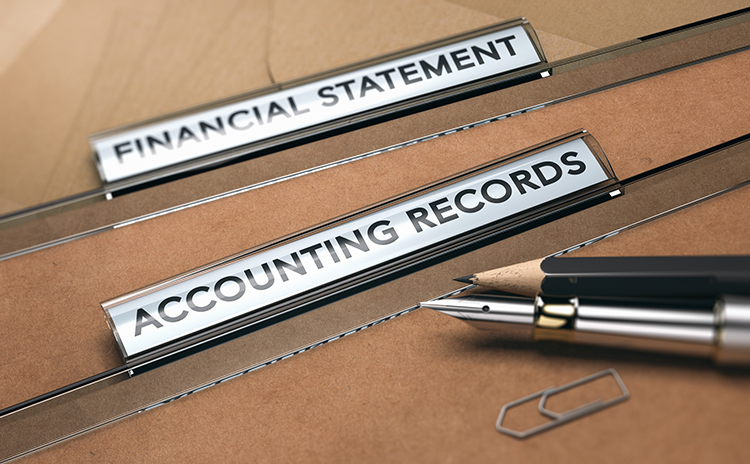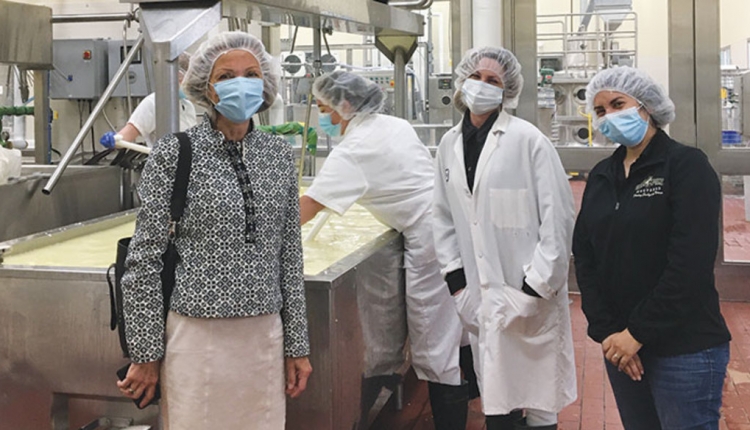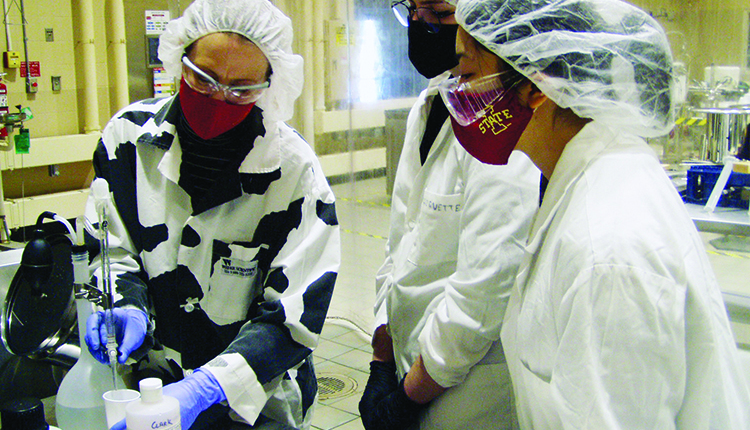
“Year-end preparation is critical and an important step for your business. Not only is it a good way to do business, but it prepares you . . . not only for tax purposes, but creditors, agencies, and financial agencies that may require you to submit forms,” said Samantha Robison, extension educator with Penn State.
Taxes always play a big part in a farm’s income and profitability. Farmers need to consider deductions and credits, special rules just for agriculture, tax planning, and optimizing depreciation deductions.
“It’s important to have an accountant and a tax professional that knows the special deduction and credits available to farmers. Remember to report all your farm income and expenses to minimize your tax liability,” continued Robison during Penn State Extension’s webinar “Plan for now, prepare for the future: How to assemble year-end data.”
When you’re preparing your paperwork for the end of the year, make sure you have the original purchase papers to share with your accountants so they can enter it into their depreciation program.
“I can’t tell you how many times when I was preparing taxes, I would see people digging through piles and piles of papers to find the original documents. Sometimes it would take them my whole visit to find just find one paper,” said Robison, a former accountant.
Six must do’s
The six steps of information management are:
- Collection
- Organization
- Processing
- Reporting
- Integration
- Utilization
“One of the things I always stress . . . is developing a record-keeping routine,” said Robert Goodling, extension associate with Penn State. “It’s easier said than done, but it really does help and save time in the long run.”
By keeping information up to date, people spend less time on doing records and instead use the information available, learn spending trends, and detect errors earlier.
“This saves your accountants time when they’re reviewing your books, and this can also be helpful,” he said.
Discussing the needs of the business with your other business partners is something that definitely needs to be completed by the end of the year.
“These discussions don’t have to be complex or lengthy,” he said. “Do it over a meal,” he continued. “I find in my family, if we do stuff over a meal, things go over a little bit better . . . say ‘Look, this is what we’re going to be doing for the next year,’” he said. “This is a great way to kick off 2021.”
The author and her family own and operate a sixth-generation dairy farm near St. Johns, Mich.








